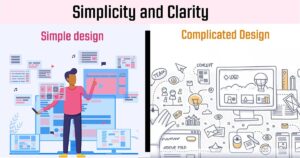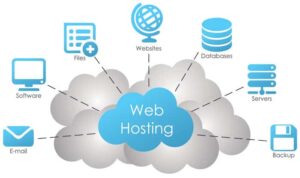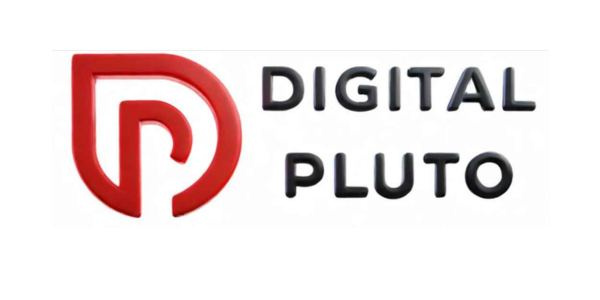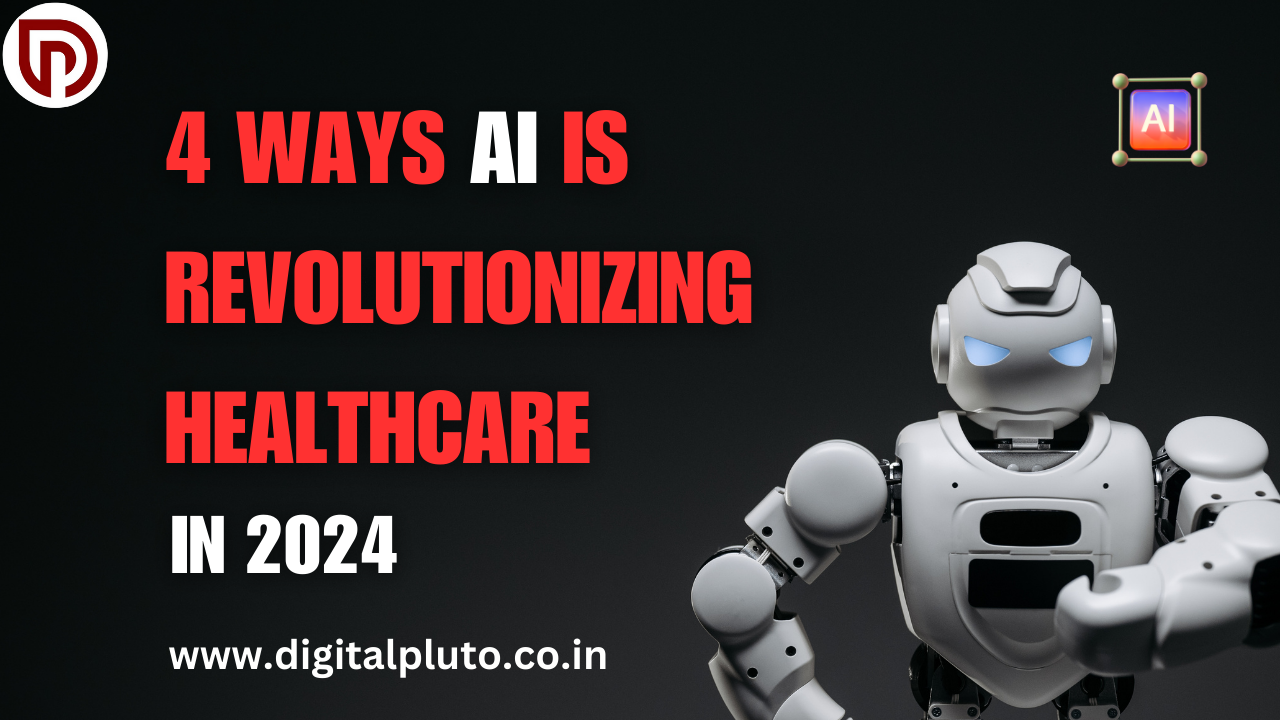
Best Framework for Web Development
In the rapidly evolving world of web development, choosing the best framework for web development is crucial for building efficient, scalable, and visually stunning websites. With an abundance of options available, it can be challenging to determine which web development frameworks are best suited for your projects. This article aims to provide a curated list of the 30 best web development frameworks for 2023, along with their pros and cons, to help you make an informed decision.
What is a web development framework?
A web development framework is an assembly of standardized procedures, libraries, and tools that offers an application development framework.
By providing reusable parts, pre-written code, and guidelines, it streamlines the development process and helps developers create websites quickly. Frameworks encourage best coding practices and save time and effort by removing the need to start from scratch.
Table of Contents
- The Simplicity Principle: When Less is More
- The Thumb Rule: Defining Your Needs
- Balancing Control and Complexity
- Avoiding Pitfalls: The Danger of Bad NPM Packages
- Choosing the Right Technology Stack
- Hosting Considerations: Optimizing for Performance and Scalability
- FAQ
- Conclusion
1) The Simplicity Principle: When Less is More: The Best Framework for web development

The technology selection you make for your project can make or break it in the current web development environment. Finding the most straightforward solution that satisfies your needs is crucial. Online website builders like Wix can be a great choice if you are creating a static website for your company. They let you establish an online presence quickly without requiring you to know a lot of coding. But this strategy works best in cases where your use case is simple and in the Best Framework for Web Development
2) The Thumb Rule: Defining Your Needs

The first step in choosing the right framework is to determine whether your website is the product itself. If you’re building a SaaS (Software as a Service) application, you’ll need a more robust and interactive solution. In this case, technologies like React and Next.js can provide the user experience and interactivity your project requires.
3) Balancing Control and Complexity

When your website requires more complex backend functionality, such as managing user data, customer information, and administrative tasks, you’ll need to maintain a dedicated backend. Here, you have two options: use a Backend as a Service (BaaS) platform like AppWrite, Strapi, or Sanity, or build your own backend using technologies like MongoDB and Express.
BaaS solutions can simplify the development process by handling the backend for you, allowing you to focus on the frontend. However, if you require granular control over your data and database, integrating a database like MongoDB directly with your website may be a better choice.
4) Avoiding Pitfalls: The Danger of Bad NPM Packages

When using frameworks like React and Next.js, you’ll likely rely on a variety of NPM packages to extend your functionality. It’s crucial to be cautious when selecting these packages, as poorly written code or deprecated packages can introduce significant issues down the line. Thoroughly research and vet any third-party packages before incorporating them into your codebase.
5) Choosing the Right Technology Stack

Now, let’s dive into specific technology recommendations for various use cases:
PHP: Simple Websites with Forms
If you’re building a website with a simple form-based backend, where the primary functionality is to send data to a database, PHP can be a suitable choice. PHP is widely available on web hosting platforms, and you can easily deploy your website by simply dragging and dropping your files.
Python: Data-Intensive and AI/ML-Powered Websites
If your website involves data processing, machine learning, or AI-powered features, Python can be a great choice. Frameworks like Django and FastAPI provide powerful backend capabilities, while libraries like NumPy, Pandas, and TensorFlow can be integrated to handle data-intensive tasks.
React and Next.js: Delivering Exceptional User Experiences
For websites that require a fast, interactive, and responsive user experience, React and Next.js are excellent choices. Next.js, a React framework, simplifies the development process and enables features like server-side rendering, which can significantly improve page load times and SEO performance.
WordPress: The Content Management Powerhouse
If your primary focus is on content creation and blogging, WordPress should be your go-to solution. With its vast ecosystem of plugins and themes, WordPress makes it easy to build and manage content-driven websites without the need for extensive coding knowledge.
Other Frameworks: Angular, Vue.js, ASP.NET, Django REST, and Ruby on Rails
While these frameworks have their merits, they may not be the best choice for most modern web development projects unless you have a specific reason to use them, such as existing organizational expertise or legacy system integration requirements.
6) Hosting Considerations: Optimizing for Performance and Scalability in the Best Framework for web development

The choice of hosting provider can also significantly impact the performance and scalability of your website. Services like xCloud, which offer features like optimized WordPress deployment, easy migration, and one-click backups, can be valuable partners in your web development journey.
Conclusion
Navigating the ever-evolving web development landscape can be a daunting task, but by understanding your project’s requirements and the strengths of different frameworks, you can make an informed decision that sets your website up for success. Remember, the key is to choose the simplest technology that meets your needs while also considering factors like user experience, scalability, and developer productivity. With the right framework and hosting solution, you can build a robust, high-performing website that delivers an exceptional experience for your users.
FAQ: Best Framework for Web Development
What is the best framework for web development?
The “best” framework depends on your specific project requirements, but some of the top contenders are React with Next.js, Python with Django or FastAPI, and WordPress for content-driven websites.
Should I use a backend as a service (BaaS) or build my own backend?
If you don’t require granular control over your data and database, a BaaS solution like AppWrite, Strapi, or Sanity can simplify the development process. If you need more control, integrating a database like MongoDB directly with your website may be a better choice.
Is WordPress still a good choice for modern web development?
Yes, WordPress remains a strong contender, especially for content-driven websites and blogs. Its extensive plugin ecosystem and ease of use make it a popular choice for many web development projects.
What are the pros and cons of using Angular or Vue.js compared to React?
Angular and Vue.js are also excellent frameworks, but React with Next.js is generally considered more user-friendly and has a larger developer community. However, if your organization already uses Angular or Vue.js, it may be a better choice to maintain consistency.
When should I consider using ASP.NET or Ruby on Rails?
ASP.NET is a good choice if you’re working with Windows-based systems or the Azure cloud. Ruby on Rails is a powerful framework, but it’s less widely adopted than some of the other options mentioned. Unless you have a specific reason to use these frameworks, React with Next.js or Python with Django/FastAPI may be better choices for most modern web development projects.
Follow https://www.digitalpluto.co.in/ for the latest updates about web development.


![Top 5 WordPress AI Plugins: Supercharge Your Website[2024]](https://digitalpluto.co.in/wp-content/uploads/2024/06/5-TECHNIQUES-8.png)




